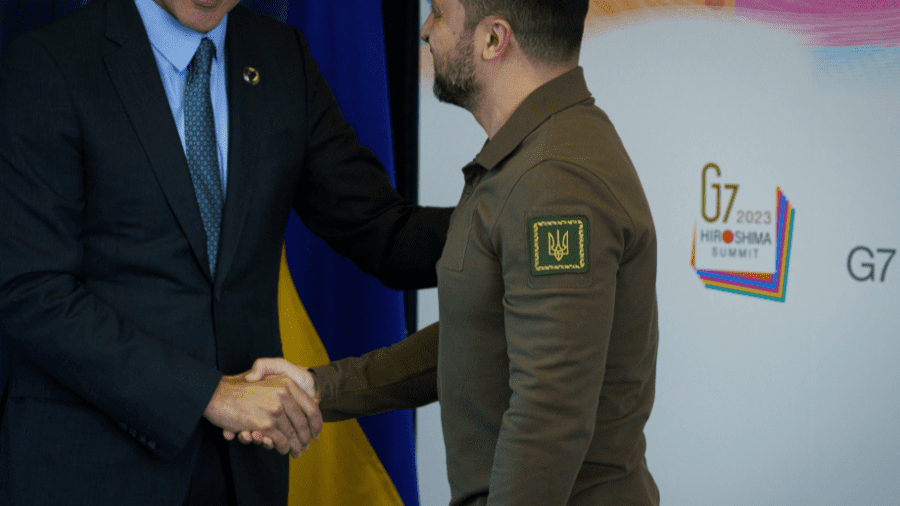This article originally appeared in the Financial Post. Below is an excerpt from the article, which can be read in full here.
By Philip Cross, July 19, 2023
A recent Wall Street Journal editorial suggested Canada should sit at the kiddies table in the NATO alliance instead of with the adults. This is because as a share of GDP our defence spending is seventh lowest among NATO’s 31 member nations. It’s also lowest among the G7, which prompted the Journal to question whether we are still willing to accept our responsibilities as a member of the G7. It concluded that if this country “doesn’t want to play that role, then the G-7 should consider a replacement.”
Wall Street Journal editorials have an impact. In January 1995 the paper’s editorialists drew global attention to our looming debt crisis by calling us “an honorary member of the Third World.” Their suggestion today that Canada could lose its G7 membership should therefore be taken seriously, especially since our inclusion in the group in 1976 owed less to our merits and more to U.S. concerns about left-wing European nations (France, Germany, Italy and pre-Thatcher Britain) having too much weight.
Great nations, institutions and people achieve greatness by aspiring to it. Max Mason, president of the University of Chicago, said in 1929 the institution “must be outstanding or nothing. There is no reason for its existence as just another university.” Chicago met that challenge, since garnering the most Nobel Prizes in economics of any institution. For a nation to be great, however, aspiration must extend beyond its leaders. President Kennedy, when touring NASA headquarters early in the 1960s, asked a cleaner why he was there. The worker replied, “Mr. President, I’m here to put a man on the moon.”
***TO READ THE FULL ARTICLE, VISIT THE FINANCIAL POST HERE***






